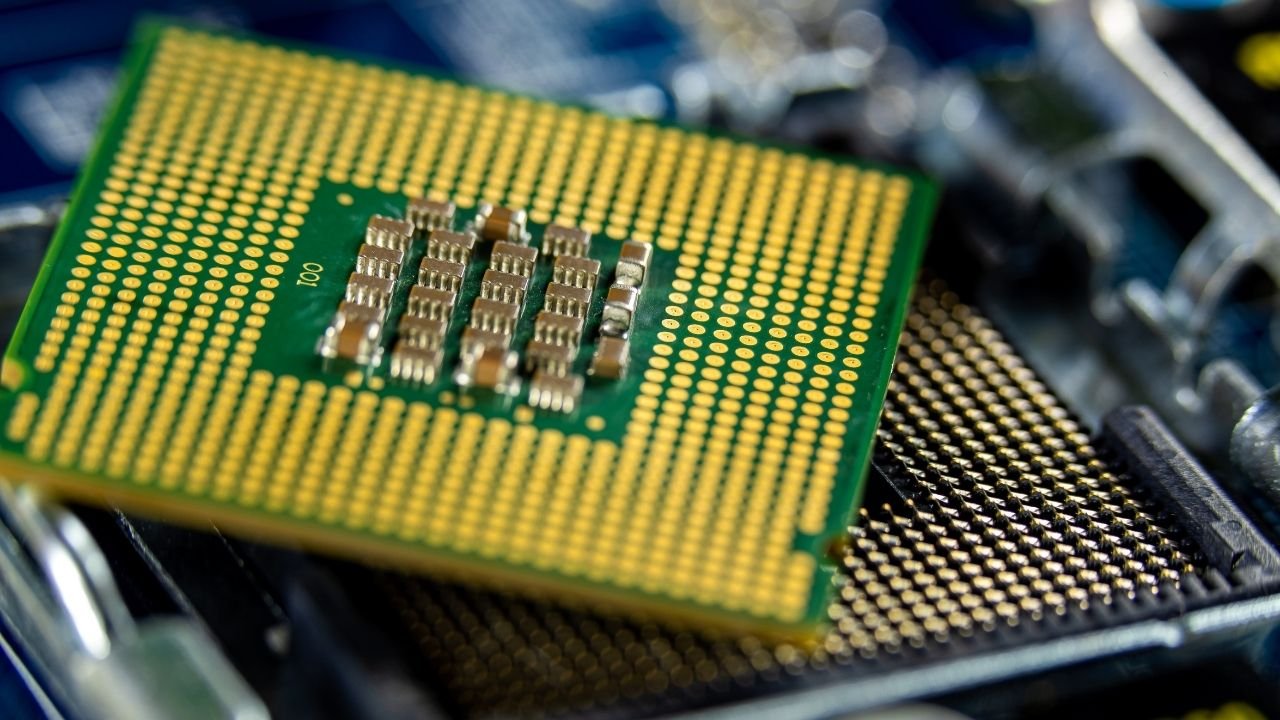How Long do CPUs Last in Different Usage Scenarios? How to Increase CPU Longevity?
How old is your CPU? A year? 2 years? Maybe you haven’t upgraded in a while and it’s been 5 or 6 years. Can you imagine anyone with the same CPU for 10 or 20 years? Chances are you’ve already met someone like that. CPUs are one of the most durable pieces of technology on the planet. But how long can they last? Let’s explore some of the possible options.
General CPU lifespan in different usage scenarios
So firstly, how long does a CPU last in general?
Generally… well, it depends. You see, a CPU isn’t like a bicycle or a lawnmower where you can take the repetitive physical usage of every part as a benchmark for how long it lasts. CPUs are extremely durable, insanely granular pieces of technology. It has no moving parts and is shielded physically. Though some do fail early on, there have been reports of some older processors being used for 15-20 years.
To quote an anonymous redditor on /r/pcmasterrace:
“Unless you throw the CPU into outer space without shielding from cosmic rays, the contacts in the CPU just aren't going to wear out. They need to withstand multiple billion current changes per second, so building them for eternity is pretty much the only option.”
Hard to believe? Take a look at any of the most basic technologies in your life. The ATM you used this morning, the cash register that the clerk checked out your coffee on, the security system that beeped you into your office (unless you’re working from home of course). These are all devices that have a CPU and for the most part don’t need to be replaced for a very long time.
And why is that? Well, it's their usage scenarios. You wouldn’t imagine anyone overclocking their toaster oven or gaming on their car’s console (though some have tried). In exactly the same way, the CPU you have will last longer if it's being cooled properly and not overclocked.
Chances are, the other pieces of your build will fail long before the CPU does.With consistent care and proper cooling, a normal CPU can last around 10 years. However, that doesn’t mean it’ll be as efficient as it was when you first bought it. Transistors will start to degrade within a few years and with how fast technology advances in the 21st century, a CPU may become outdated in as little as 3-4 years. That’s why gamers like to constantly change out their parts for the newest thing.
It’s also important to note that with proper and powerful cooling, even overclocked CPUs can last more than 10 years.
So we can generalize within these scenarios::
Without proper cooling [Heavy Power Usage] 5-10 years
With proper cooling [Heavy Power Usage] 10+ years
Without proper cooling [Low Power Usage] 20+ years
How long do Intel and AMD processors last?
The legendary Intel vs. AMD argument is as old as computers themselves. And the answer, again, is: it depends. Mostly on what we’ve already discussed: proper care of the CPU and proper cooling. However, there are other factors that interact with these two. For example, the amount of power a CPU uses directly affects how difficult a CPU is to cool. Or, in other words, how much money you have to throw at it.
Without getting too deep down the Intel vs. AMD rabbit hole, AMD processors on average tend to be less expensive and less power-hungry than Intel CPUs -- which means in general they output less heat and are easier to cool. That said, this only very slightly speaks to how long either one can last. Both AMD and Intel give only a 3-year warranty on their CPUs (which does not reset if claimed) so all we know for sure is that either one will last at least 3 years.
Some users have reported their AMD processors running for upwards of up to 10 years, and others reported Intel CPUs doing exactly the same.
All we know for sure is there’s someone still out there with a Pentium II waiting for it to fail.
Does overclocking a CPU decrease its lifespan?
In general: yes. The process of overclocking (which is to remove the limiter on a processor’s maximum output) does directly correlate to degradation of the materials in a CPU, causing a shorter lifespan.
But it’s not nearly that simple.
There are stories of some internet wizards overclocking their CPUs for more than 10 years without failure. .Remember, a CPU’s lifespan can range anywhere from 5 years with poor cooling to 20 or 30 years as is the case with some low-power electronics. So shaving a year off of a potentially 30-year lifespan isn’t a huge issue.
Think about it like chopping off the tail rather than the head. Your CPU will still be functioning well for an appropriate amount of time, but the more time it spends operational, the greater the risk of it failing becomes.
If you’re starting with a brand new CPU, think about how long you want it to last. Are you going to upgrade it within the next 3 years? If not, overclocking it to its absolute maximum will give it a shorter lifespan but can stave off planned obsolescence for 5-6 years after the purchase -- at which point you can safely upgrade to a new CPU.
And even the span of 5-6 years isn’t a certainty. The most important thing is to keep the voltage and heat in a safe range. Keep reading to find out what those are..
How to safely overclock your CPU
Firstly, before overclocking your CPU, make sure you have proper cooling. We suggest replacing your thermal paste to help with the dissipation of new heat as well as checking your core temperatures using online tools like HWInfo to make sure there aren’t any cooling problems with your current build.
The actual process for overclocking your CPU is as follows:
Turn off your computer
Boot it up again while pressing the DELETE key (F12 on some machines)
When in your BIOS/UEFI menu, go to the CPU menu and locate the multiplier (sometimes called CPU Ratio)
Dial it up in short increments (ie. 10.00->20.00) while testing benchmarks
[OPTIONAL] You can also dial up the voltage in order to increase speeds; you can find voltage in the same menu and adjust slowly
***Most CPUs suggest a voltage of 1.35v; we wouldn’t recommend exceeding 1.4v.
***Keep your overclocked CPU monitored for heat changes as prolonged temperatures of 80°C+ can permanently damage your CPU
How to make your CPU last longer
Whether you’re overclocking or not, you still want your CPU to last as long as possible. Here are some quick tips to keep in mind when taking care of your PC:
● Use compressed air to clean the heatsink on top of your CPU
● Keep pets away from your computer to prevent hair from clogging the vents
● DO NOT drink and smoke near your computer
● Use tools like HWInfo to monitor your CPU for abnormalities and adjust cooling accordingly
● Upgrade your cooling system often (add fans, monitor airflow, etc.)
● Replace your thermal paste every few months to help with heat dissipation




